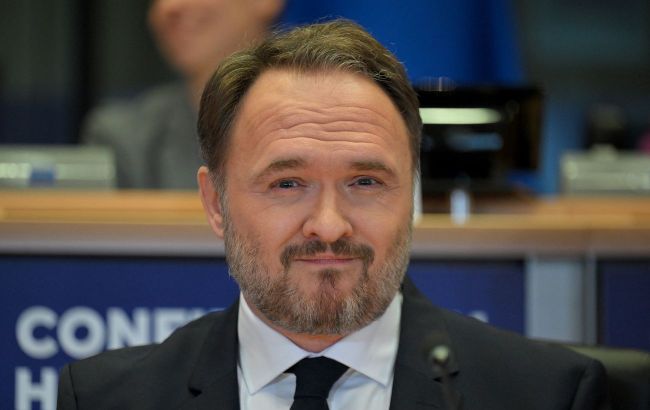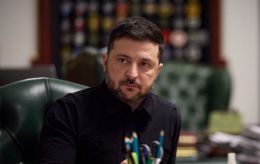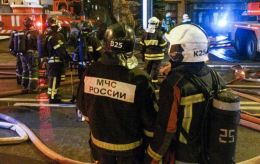New EU Commissioner for Energy will accelerate phase-out of Russian gas
 Photo: Dan Jørgensen (Getty Images)
Photo: Dan Jørgensen (Getty Images)
The European Union must accelerate its plan to phase out Russian fossil fuels, currently scheduled for 2027, with Russian gas now accounting for 18% of its supply, states EU Commissioner-designate for Energy, Dan Jørgensen.
"In my first 100 days, I will present a plan on how to speed up ending our reliance on Russian gas before 2027," he said during hearings in the European Parliament.
European Commission President Ursula von der Leyen tasked Jørgensen with lowering energy prices to help restore Europe's industrial competitiveness, decarbonize the economy, and end the import of energy resources still coming from Russia to the EU.
His confirmation for the new position is expected in the coming weeks.
"We do have a challenge, our industry is suffering. They are paying two or three times as much for energy as in the US and China...ordinary people are struggling to pay their bills," Jørgensen said, adding that this is largely tied to Russia's war against Ukraine.
He stated that the EU needs to use renewable energy sources more actively, which will require expanding networks, accelerating digitalization, implementing new storage technologies, and speeding up the permitting process.
Jørgensen also emphasized that nuclear energy is crucial for supporting decarbonization.
The expansion of nuclear energy has become a point of division within the bloc, with two opposing camps: one supporting it, backed by France, and the other led by Germany.
Russian gas
The EU has set a non-binding target to stop importing Russian gas by 2027 after Russia launched its full-scale invasion of Ukraine in 2022.
However, some member states have not made significant efforts to diversify, and imports of Russian gas increased last year.
"We used to get 45% of our gas from Russia, now we are down to 18% but 18% is still too much we need to be 100% independent of Russian fuel," said Jørgensen.
The EU banned imports of Russian oil with some exceptions in 2022, but refrained from imposing any restrictions on gas. In June, the countries took the first step by banning the transshipment of Russian liquefied natural gas (LNG) through European ports.
While some member states are pushing for stricter measures, Russia-friendly Hungary is negotiating with Russia's Gazprom to increase supplies via the Turkish Stream pipeline in 2025.
European Commissioner for Energy Kadri Simson has repeatedly stated that the EU is prepared to completely cut off gas supplies from Moscow.

